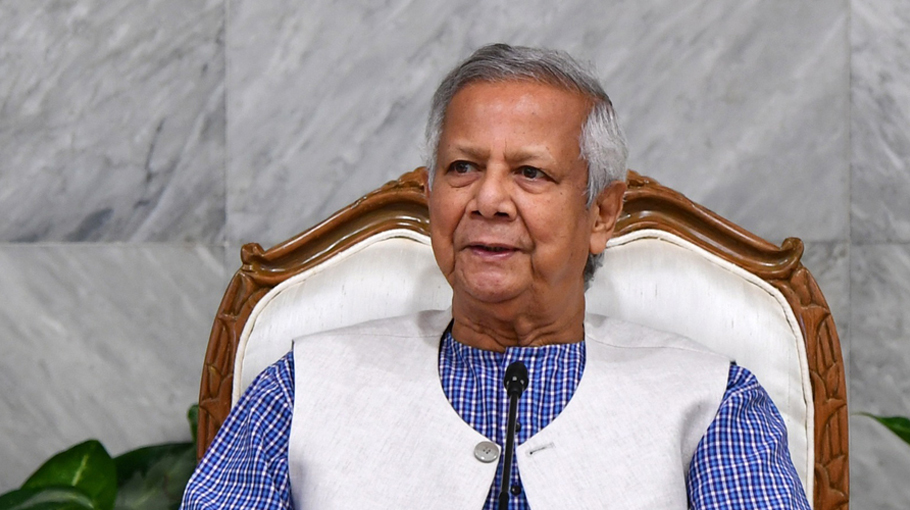Yunus seeks urgent int’l conf to resolve Rohingya crisis

Chief Adviser Professor Dr Muhammad Yunus has called for an urgent attention to the Rohingya crisis, including convening an international conference, to find a sustainable solution to the crisis and ensuring “safe and dignified” return of the Rohingya people to Myanmar.
“We cannot ignore the people who continue to be persecuted, uprooted and subjected to gross violations of human rights in the Rakhine State of Myanmar or Gaza. No person, regardless of their number or identity, is expandable,” he said in a message marking the United Nations Day on Thursday.
Bangladesh is now hosting over 1.3 million Rohingya people in Cox’s Bazar and Bhasan Char with the new arrivals of 40,000 Rohingyas recently.
United Nations Day marks the anniversary of the entry into force
in 1945 of the UN Charter. With the ratification of this founding document by the majority of its signatories, including the five permanent members of the Security Council, the United Nations officially came into being.
Professor Dr Muhammad Yunus called for reforming the UN to make it more inclusive, transparent and responsive to deliver to the aspirations of all people in an evolving global landscape.
He said that Bangladesh calls for decisive UN action to protect the civilian children, women and men; and dialogue towards securing peace in Gaza and Lebanon and the wider region.
“On this Day, Bangladesh renews its commitment to work with the international community to build a more just, peaceful, and equitable world, in our 'shared interests'. Together, we must redeem our pledge to realize dignity and rights for everyone,” said the Nobel laureate who is heading the interim government of Bangladesh.
On this United Nations Day, on behalf of the people of Bangladesh, he extended their cordial felicitations to all women and men of the United Nations family the world over and reaffirmed their commitment to the ideals of the UN Charter.
For eight decades now, Prof Yunus said, the United Nations has been fostering peace, safeguarding human rights, and promoting sustainable development.
In a time marked by unprecedented challenges-- climate change, conflicts, inequalities -- the delivering on the UN's mandate is more critical than ever.
“Emerging issues like responsible use of AI as also ensuring beneficial access to technologies across nations, call for enhanced role of the UN system in ensuring peace, stability and harmony, for all,” he said.
Prof Yunus said Bangladesh draws satisfaction over its active partnership with the UN system, particularly as the third largest contributor to the UN peacekeeping operations.
“Our commitment to peace, justice, and equality remains rooted in our national ethos, as seen in our people's ongoing quest for justice, most recently demonstrated in the People's Revolution led by our students and youth,” he said.
As a people, Prof Yunus said, they remain firmly committed to multilateralism. “Be it sustainable development or trade or addressing the climate crisis, vulnerable countries like Bangladesh and the global South need a rule-based multilateral system,” he added.




